Understanding and precision targeting of malfunctioning gene regulatory elements in human cancer and other enhanceropathies.
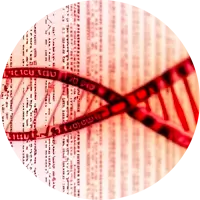
The Precision Cancer Epigenomics laboratory at NCMBM (Nordic-EMBL Partnership Institute) at the University of Oslo, Norway started in September 2022.
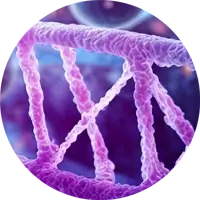
The Enhancer Biology lab started in June 2019 in the Applied Tumor Genomics research program of the Faculty of Medicine at the University of Helsinki, Finland.

We have a total of 14 group members in both our Oslo and Helsinki groups, lead by Dr Biswajyoti Sahu, and we are looking forward to grow in the coming days!
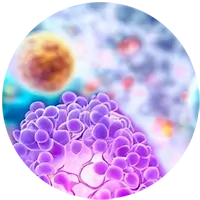
Our goal is to understand the molecular mechanisms of chromatin reprogramming by transcription factors in cell fate control and in cancer and human enhanceropathies.
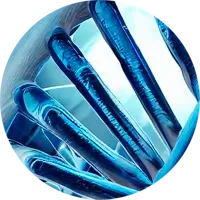
We use state-of-the-art functional genomics methods both bulk and single-cell for transcription factor binding, enhancer activity, chromatin accessibility and genome editing by CRISPR-Cas9 tools.

We employ computational tools and machine learning methods to integrate genome wide datasets from several multiomics assays utilising next-generation sequencing.
We use novel cell fate conversion methods to study the early regulatory events in pancreatic cancer – one of the most lethal cancer types currently lacking clear diagnostic markers and effective treatment options.
In addition, our goal is to find key transcription factor and their hubs involved in cancer progression and treatment response.
Our goal is to understand the human regulatory elements in enhancer reprogramming and malfunction using a plethora of functional genomics methods in several cancer types of endodermal lineage.
Here our aim is to understand the role of transposable elements as oncogenic enhancers and how their usage by tissue-specific TFs.
To understand the cellular state and epigenome reprogramming events during disease progression, we are using hospital biobank samples for pancreatic cancer from primary and distal metastatic sites.
In addition, we are using and innovative cell-based models for delineating the molecular causes of endometriosis and their cellular transformation.
To achieve our research objectives, we utilize various cutting-edge genome-wide techniques based on next generation sequencing and their computational analysis from bulk samples to single cell and single molecule resolution.
I lead the Precision Cancer Epigenomics laboratory in Oslo and the Enhancer Biology laboratory in Helsinki. I am genomics scientist by training and the primary goal of my research is to understand the role of transcription factors and the non-coding regulatory genome in human enhanceropathies such as cancer.
I am a Group Leader in Precision Medicine at the Centre for Molecular Biosciences and Medicine (NCMBM, a Nordic-EMBL Partnership Institute) at the University of Oslo, Norway. I also hold an Adjunct Researcher position at the Oslo University Hospital in the Department of Cancer Genetics at the Institute of Cancer Research in Norway.
I am also a Principal Investigator at the Applied Tumor Genomics program of the Research Programs Unit at the Faculty of Medicine, University of Helsinki, Finland. I also hold the title of Docent (Adjunct Professor) in Molecular Genetics from the Faculty of Medicine at the University of Helsinki, Finland.
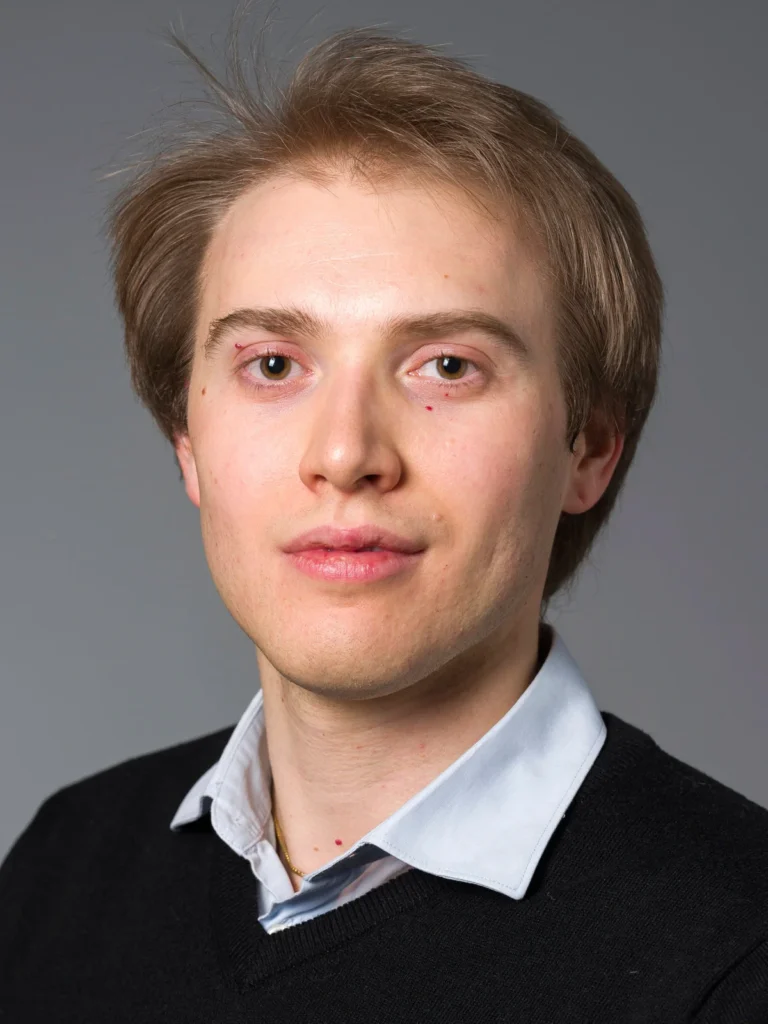
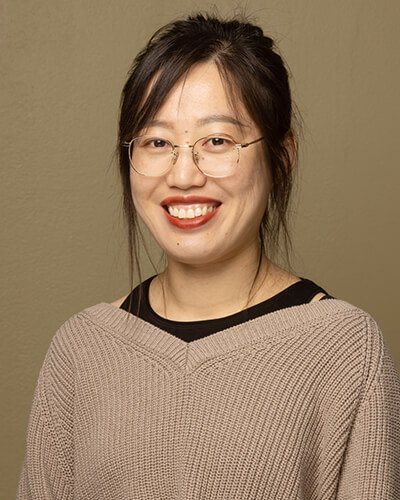

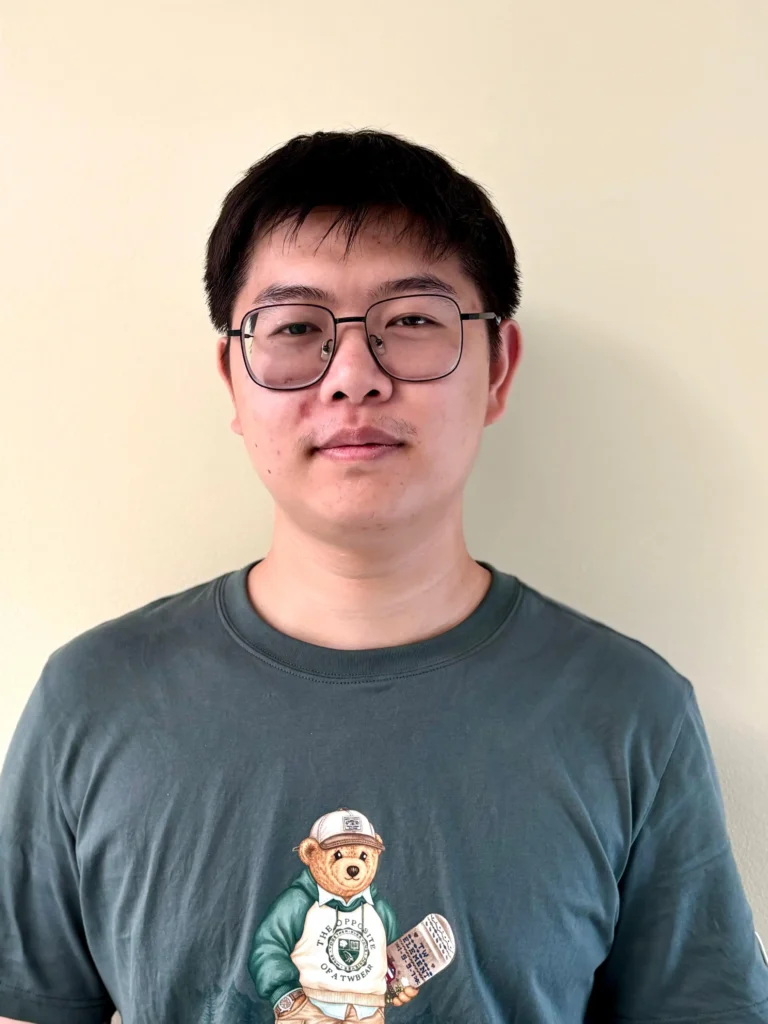
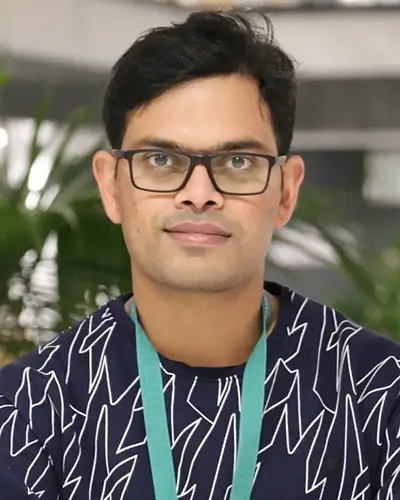
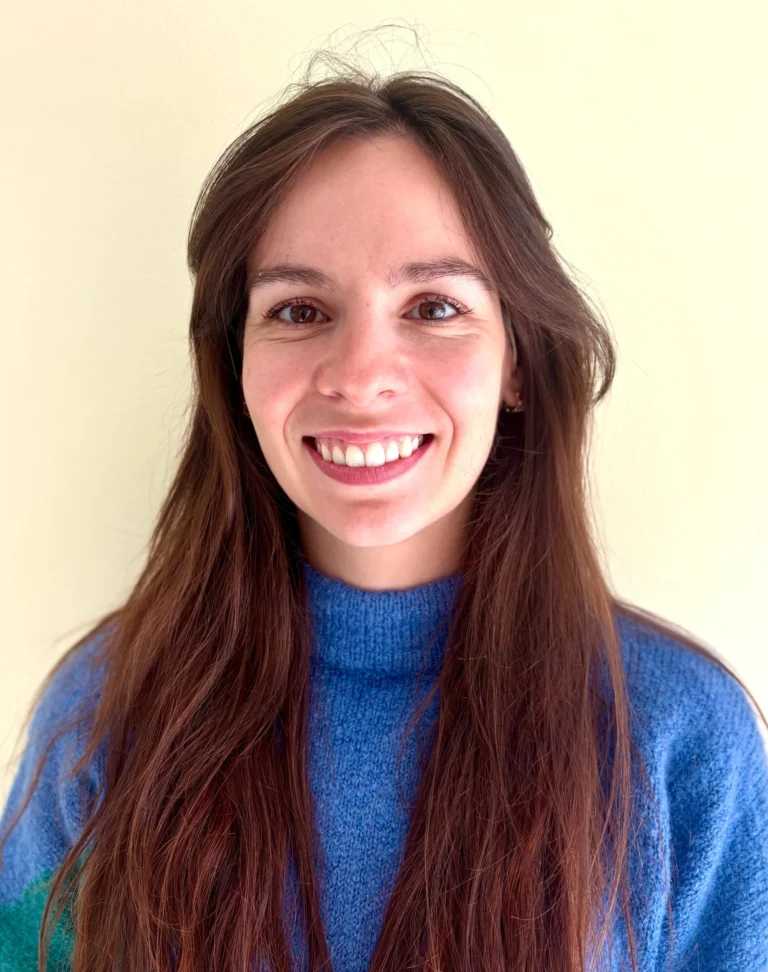

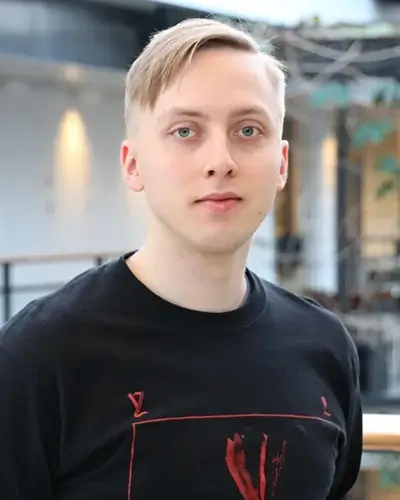
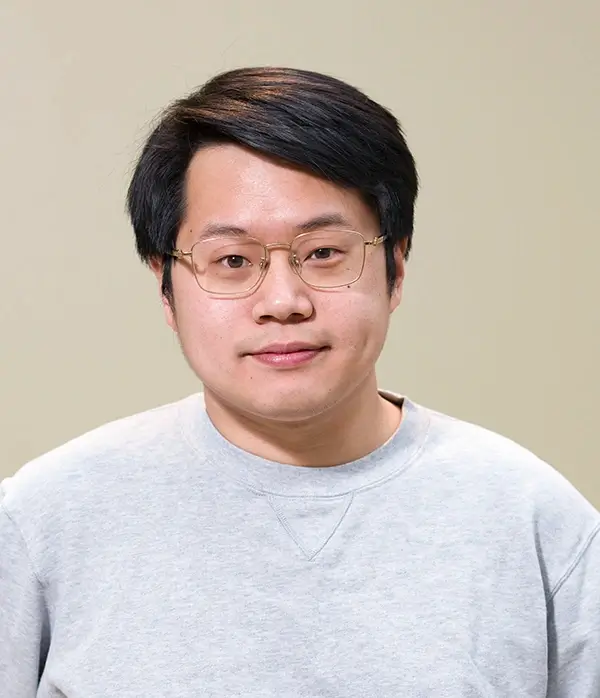
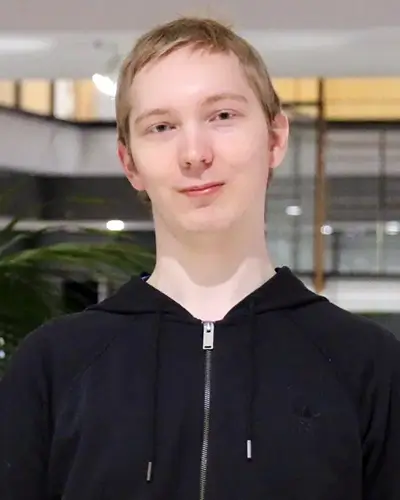

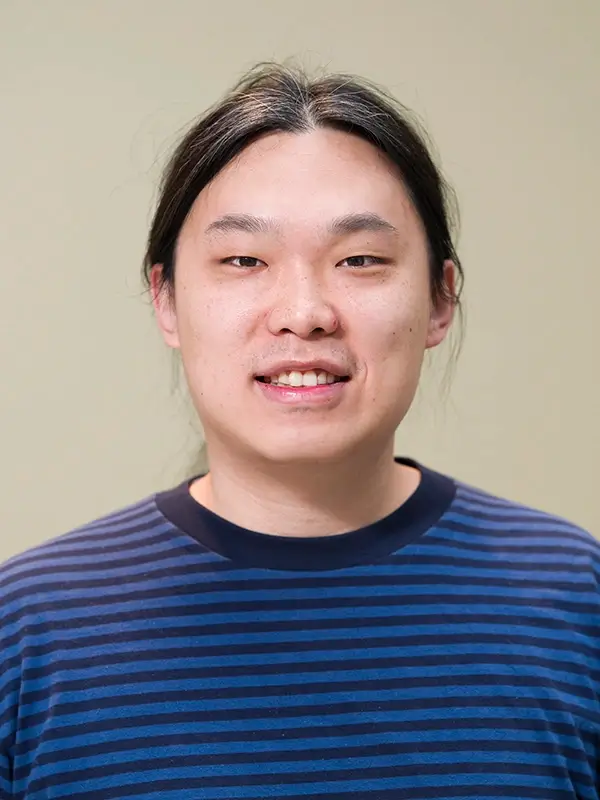

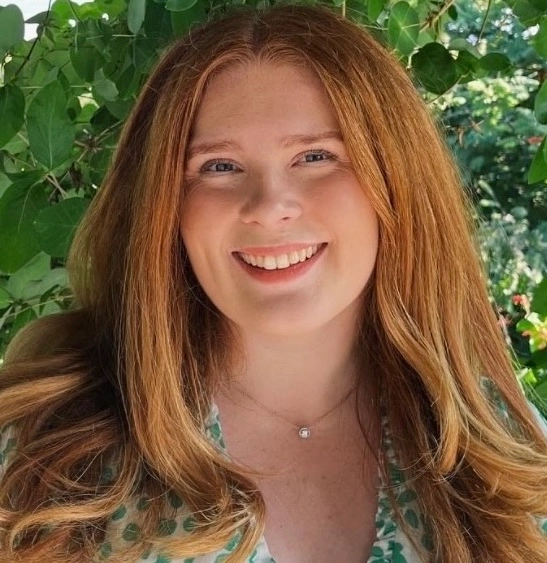


Here, we identify that KSHV hijacks the pioneering function of the endothelial-specific transcription factor SOX18 to facilitate persistence of viral episomes.
Mutations in numerous genes contribute to human cancer, with different oncogenic lesions prevalent in different cancer types. Yet, the malignant phenotype is simple, characterized by unrestricted cell growth, invasion, and often metastasis.
We show that distinct TE subfamilies are derepressed by inhibition of different CMEs in cell type-specific manner.
If you’d like to get in touch, please use the contact form, call us by phone or visit our lab in Oslo or Helsinki.
Feel free to contact us about possible collaboration opportunities! We are always looking for motivated researchers!!
Master’s thesis students who are interested in bioinformatics and computational analysis of NGS and single-cell omics datasets can always contact us about available thesis projects and positions.